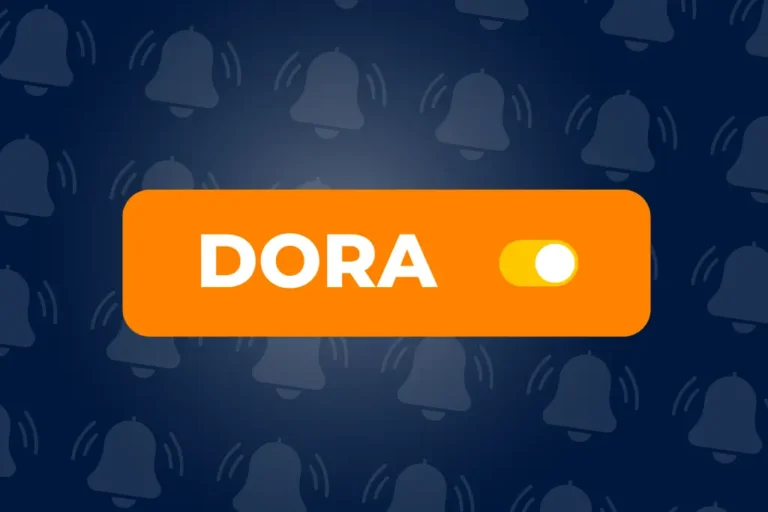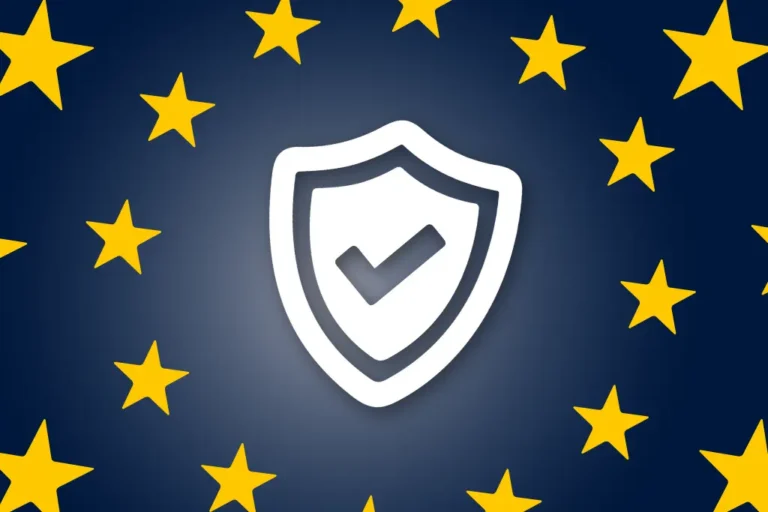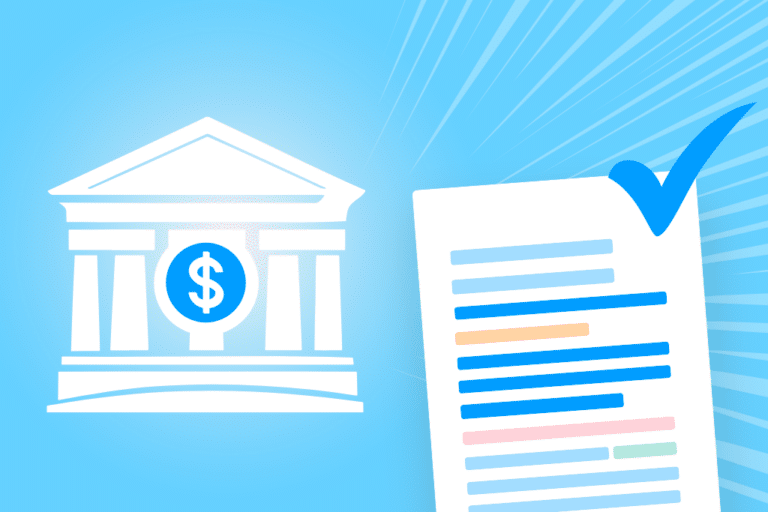While insurance exists to cover board director liability, there are other measures board members can take to limit their personal liability exposures as a board member.

For-Profit Board Members
A for-profit board member has a number of personal liabilities under the Canada Business Corporations Act (CBCA) at the federal level and under various provincial statutes. They can be sued if the share price drops because of an action they took, if their company engages in human rights abuses, and for much more. The list of a board member for a for-profit board is really too long to get into, but a good summary is that they can be sued for any action they take, both directly (e.g. by voting a certain way on something that causes the share price to drop) and indirectly (e.g. the company is found to be violating environmental laws.)
The potential for lawsuits is very real. There are multiple cases on record of board members being personally sued, including a 2017 case which was decided by the Supreme Court of Canada that, according to Davies law firm, “sounds an important cautionary note to directors concerning the potential consequences of engaging in conduct that is improper or defeats the reasonable expectations of minority shareholders, creditors or other potential complainants.”
not-For-Profit Board Members
While a board member of a not-for-profit is far less likely to be sued than a board member of a for-profit corporation, they still have personal liabilities in their duties as a board member. Often, not-for-profit board members are supporters of the charity who want to contribute in a meaningful way by being a volunteer member of the board, and they have no idea that the position brings with it potential legal pitfalls in the guise of director liability.
Insurance and other solutions for all board members
While personal board director liability can be covered by insurance, which you should check that your organization has obtained, there are many other things you can do to ensure you will not be sued.
Educate yourself on company/organization operations
The obvious way to avoid getting sued for actions as a board member is being well-informed about the operations of the company, and being especially educated about matters that you must vote on as a board member. It is imperative that a good board pack is put together for you well in advance of a board meeting. If you are dissatisfied with the level of detail in your board pack, ask for more information and demand that this additional information be circulated to other board members.
Corporate social responsibility programs
Effective corporate social responsibility (CSR) programs are a good way to ensure that things such as human rights abuses and environmental law violations are eliminated in your business. Smaller nonprofits will generally not need a full-throated CSR program.
Study business ethics
Ethics as a board member entails taking the best interests of the company into account in all cases except where the action is potentially violating the law or any regulations the business operates under. IIf you haven’t received a formal education in business ethics, there are many online and in-class courses you can take from universities and colleges across Canada.
Doing something such as laying off a certain percentage of the workforce on its face may feel unethical. However, it may be the right move for the company and its shareholders if those employees are either not doing their jobs correctly or are part of a department which has become redundant; of course if these are wrongful dismissals, they leave the director in a position where they could be held liable. In the face of increased automation, board members will be faced with more of these ethical paradoxes as time goes on.
The opposite is also true; there are many cases in which the board and executives of a company do things because they are in the best interests of the company which would be considered by the public to be unethical. A former American corporate lawyer, Jamie Gamble, is advocating for regulations which will reign in corporate executives who are “legally obligated to act like sociopaths.” His suggestion is that each corporation add ethical rules to its bylaws, which would legally bind the company to adhering to those regulations. This goes a bit further than most corporate social responsibility programs, in that ethical behaviour is codified, and the company can be sued by shareholders if it does not follow its ethical guidelines.
A good grounding in business ethics will give you the tools necessary to deal with these paradoxes to challenge other board members in an educated manner.
Taking out insurance for director liability
This is generally something the organization needs to do on your behalf as a board member. It is known as Directors’ and Officers’ Liability (D&O). If you are a board member for a cash-strapped not-for-profit, you may want to offer to split the cost annually with other board members in order to make sure that you are covered.
Want to make sure you are always kept well-informed at your next board meeting? DiliTrust’s Board Portal module is a solution trusted by Canadian companies and not-for-profit organizations alike. It makes assembly of digital board packs simple, and transmits board member communications securely without having to use email. Find out more about the DiliTrust Board Portal.
Would you like to learn more about the Board Portal module of the DiliTrust Governance Suite and start a digital transformation within your company?
?️This could also interest you:


